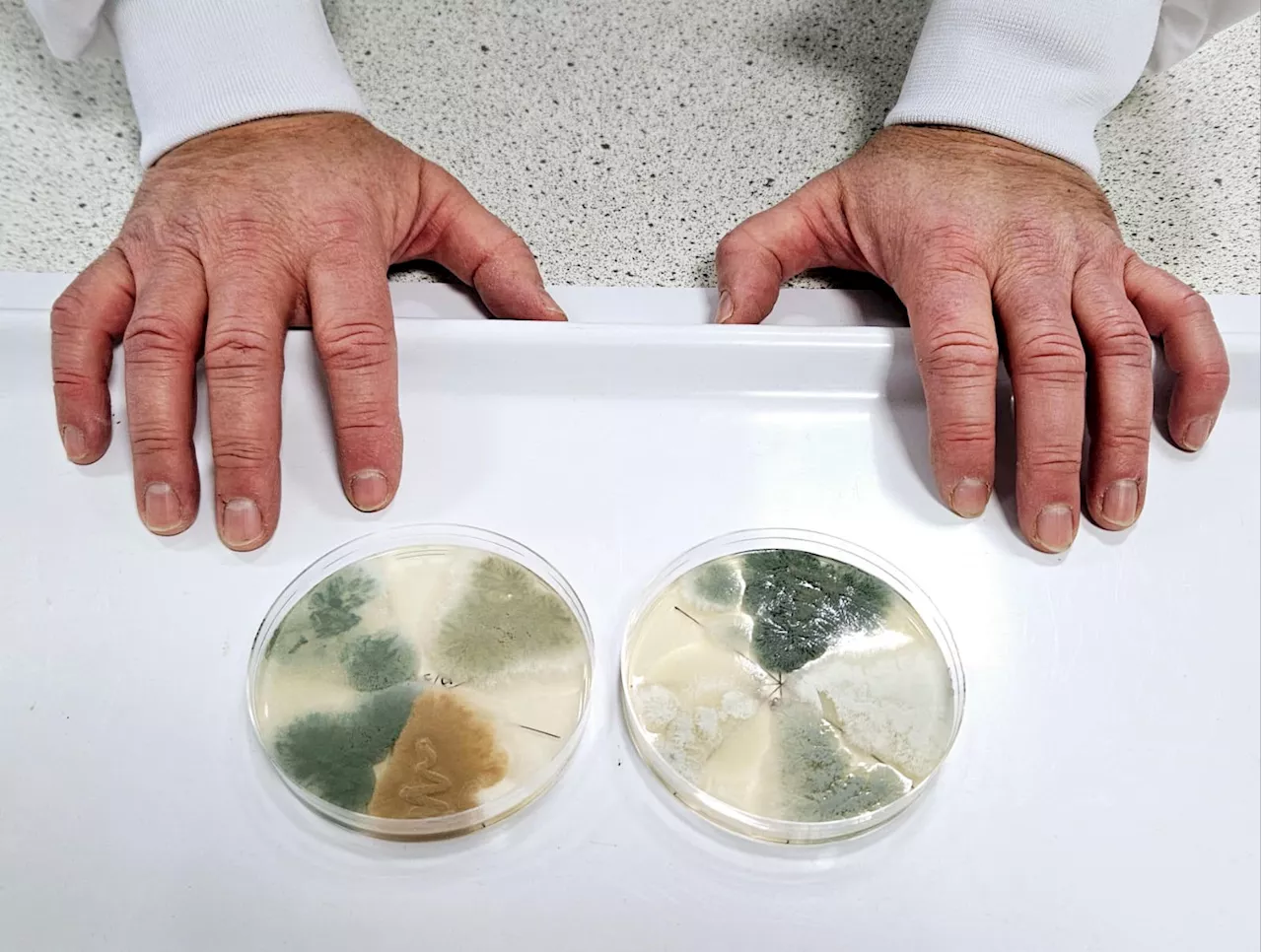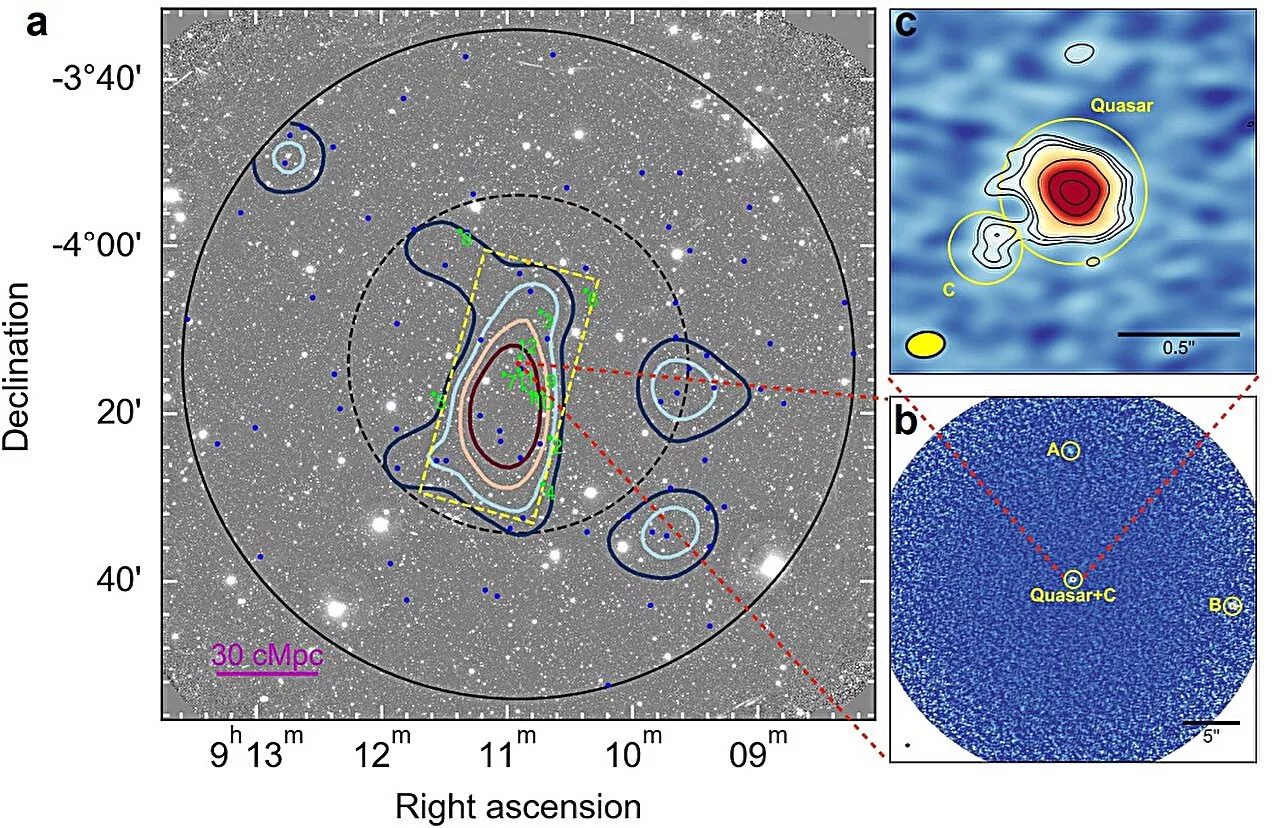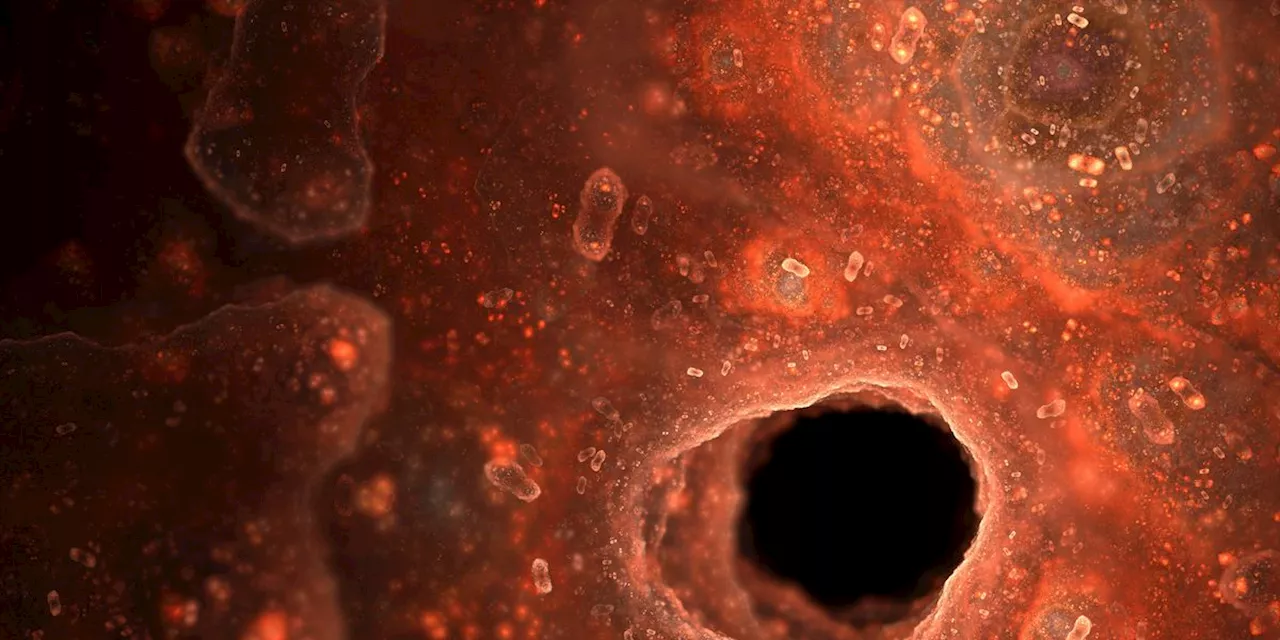Stanford University researchers have found virus-like 'lifeforms' inside human mouths and guts that can transfer genetic information to cells. These tiny bits of RNA, called obelisks, colonize bacteria and their purpose is still unknown.
Stanford University researchers have discovered virus-like ‘lifeforms’ that exist inside human mouths and guts. Smaller than a virus and not considered standard life, the genetic material can still transfer information that can be read by a cell. We had no idea these things existed, and we certainly aren’t certain yet what they do. We’re not sure if it’s exciting or not that scientists just discovered new ‘lifeforms’ inside of our bodies.
Tiny bits of RNA, smaller than a virus, colonize bacteria inside our mouths and guts and have the power to transfer information that can be read by a cell. Dubbed ‘wildly weird’ by the team of Stanford scientists writing about the find in Nature, the discovery now has a name: obelisks. And we... don’t really know their end goal. “It’s insane,” said Mark Peifer, a cell and developmental biologist at the University of North Carolina at Chapel Hill, according to Science. “The more we look, the more crazy things we see
Stanford University Researchers Virus-Like Lifeforms Human Bodies Genetic Material Transfer Information Cells RNA Obelisks Bacteria Discovery
United States Latest News, United States Headlines
Similar News:You can also read news stories similar to this one that we have collected from other news sources.
 Scientists Discover 2 Strains of Probiotics That Promote Weight Loss in DogsScience, Space and Technology News 2024
Scientists Discover 2 Strains of Probiotics That Promote Weight Loss in DogsScience, Space and Technology News 2024
Read more »
 Scientists Discover New Life-Saving Benefit of Ozempic and SemaglutideScience, Space and Technology News 2024
Scientists Discover New Life-Saving Benefit of Ozempic and SemaglutideScience, Space and Technology News 2024
Read more »
 – Scientists Discover How To Create Different Colors of CheeseScience, Space and Technology News 2024
– Scientists Discover How To Create Different Colors of CheeseScience, Space and Technology News 2024
Read more »
 The Benefits and Limitations of Nonstick PansDiscover the advantages and drawbacks of using nonstick pans in the kitchen.
The Benefits and Limitations of Nonstick PansDiscover the advantages and drawbacks of using nonstick pans in the kitchen.
Read more »
 Scientists Found 5 Factors to Improve Brain Health and Lower Dementia RiskLooking for ways to improve your memory and focus? It could be as simple as chatting with a friend or picking up sudoku.
Scientists Found 5 Factors to Improve Brain Health and Lower Dementia RiskLooking for ways to improve your memory and focus? It could be as simple as chatting with a friend or picking up sudoku.
Read more »
 Astronomers discover massive protocluster around luminous quasarAstronomers from the Steward Observatory in Tucson, Arizona and elsewhere report the detection of a new massive protocluster. The structure was found around a luminous quasar known as J0910–0414. The discovery was detailed in a paper published February 2 on the pre-print server arXiv.
Astronomers discover massive protocluster around luminous quasarAstronomers from the Steward Observatory in Tucson, Arizona and elsewhere report the detection of a new massive protocluster. The structure was found around a luminous quasar known as J0910–0414. The discovery was detailed in a paper published February 2 on the pre-print server arXiv.
Read more »
